The Doctor Who TV movie was first broadcast in May 1996, with a brand new Doctor at the helm. But it had a long, complicated journey to the screen.
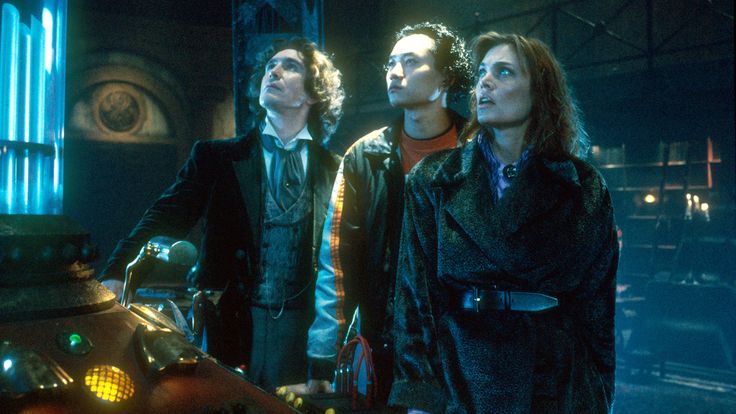
When Doctor Who was cancelled in 1989, it didn’t just disappear. Far from it. Many parties were interested in continuing the Doctor’s travels, including Virgin Publishing and an independent production company who temporarily cast David Burton as the Eighth Doctor – in a red TARDIS with blacked-out windows. At the same time, the BBC planned to put out its own Doctor Who TV movie entitled ‘The Dark Dimension‘ to mark the show’s 30th anniversary, a project that was quickly shelved for a number of factors, not least budgeting.
This was unusual for TV show that had just been cancelled. Usually, when a programme is axed, it quickly becomes the dust of history. But in Doctor Who‘s case, its cancellation sparked something of a mass scramble, with production companies seemingly chomping at the bit to get their hands on the TARDIS keys.
This was certainly true for TV executive Philip Segal who, in 1991, was the Vice President of Amblin Television – Steven Spielberg’s production company. As a lifelong Doctor Who fan, Segal was keen for Amblin to acquire the rights to the programme. At the time, he wasn’t planning a Doctor Who TV movie as such, but a brand new series of adventures.
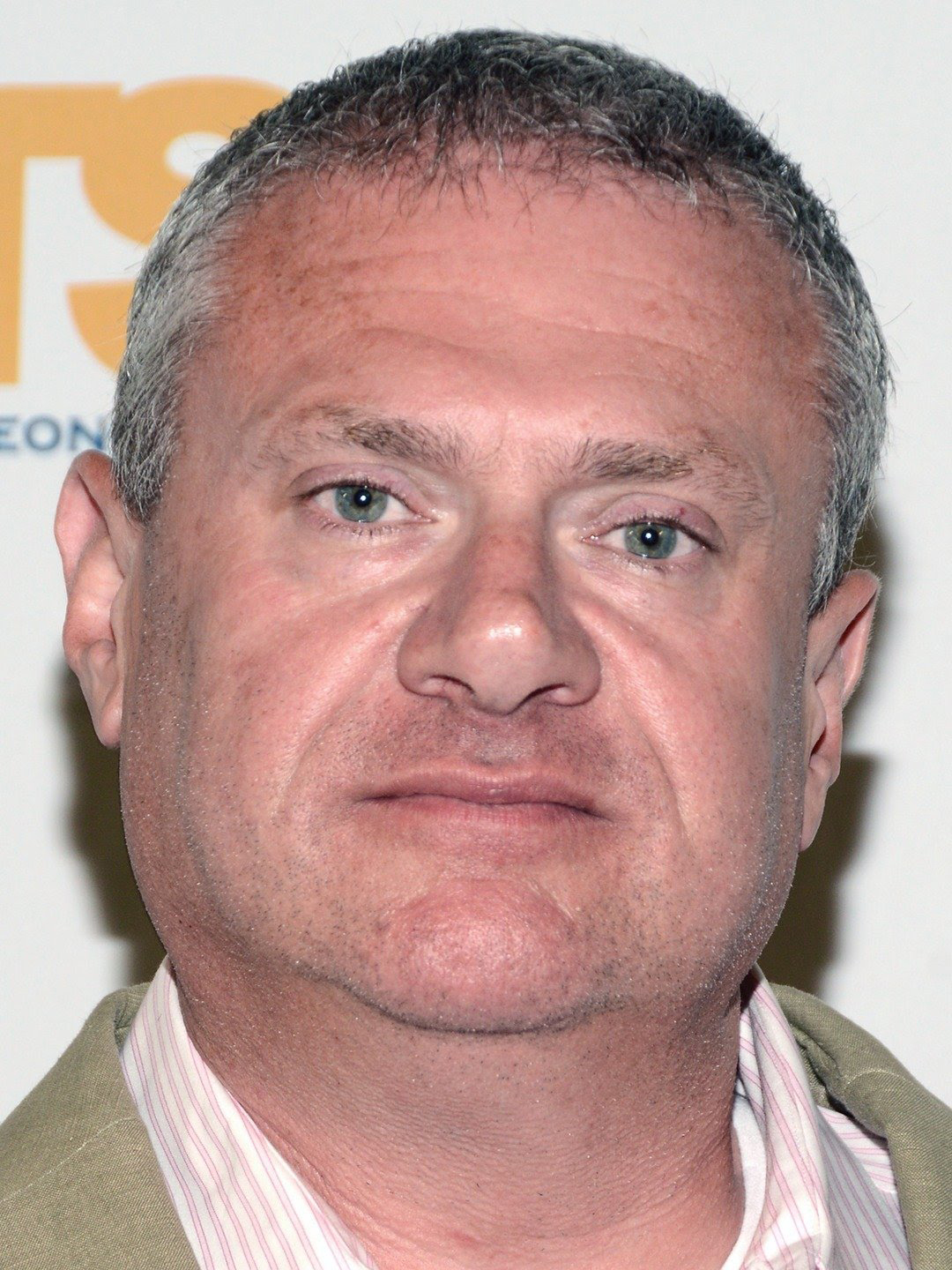
Segal’s plans benefitted from the fact that the new controller of BBC One – Alan Yentob – was sympathetic to the good Doctor’s cause, and spoke openly and positively about the possibility of Doctor Who‘s return. Yentob was intrigued by the possibility of a collaboration with Spielberg, and Segal took the opportunity to negotiate with Yentob at every possible moment – even when he was visiting the sets of the science fiction show seaQuest DSV, which Amblin was co-producing.
The possibility of a Doctor Who TV movie or series was still a long way off, though, and Segal became nervous when the press started mentioning Spielberg’s name in connection to Doctor Who. He feared that Spielberg would be uncomfortable with something that he (at that point) knew very little about, and might be scared off.
And although this didn’t happen, Spielberg lost interest in the idea after Segal delivered his series pitch, which later became known as the Leekley Bible. Spielberg felt that Leekley’s vision of Doctor Who was too similar in tone to other projects that Amblin had produced (such as The Young Indiana Jones Chronicles) and passed on the idea.
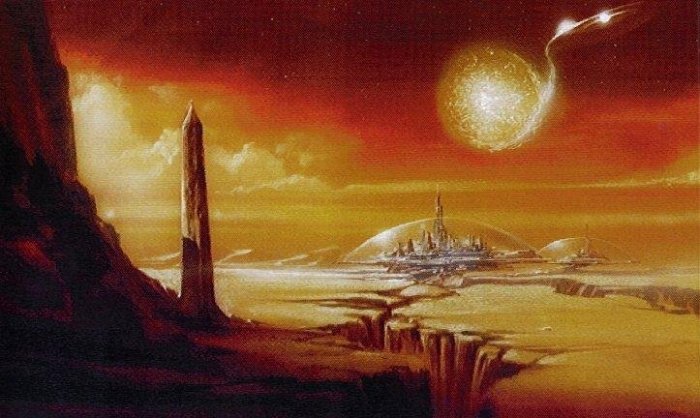
At the same time, Segal found himself fighting fires with other interested parties. One of these was with a production company that had acquired the rights to produce its own Doctor Who TV movie entitled ‘Last of the Time Lords.’ Speaking in the BBC documentary The Seven Year Hitch, Segal recalls that the movie had to be in physical production by a certain date, or the rights would revert back to the BBC. And the filmmakers intended to circumvent this problem by hiring Leonard Nimoy from Star Trek as the director, and shooting a few blocks of second unit to trigger an extension of their deal.
In Segal’s words, this would have “locked up everything for years to come,” and he got in touch with Leonard Nimoy to let him know of the producers’ scheme. Nimoy, reportedly, got “cold feet” when he learned of this, and the Doctor Who TV movie didn’t happen.
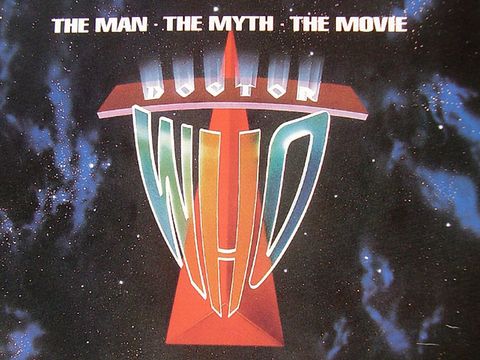
By this point, Philip Segal had been trying to get Doctor Who off the ground for a number of years, and by 1995 he had left Amblin and started working full time at Universal. It was during this time that he pitched Doctor Who to the Fox network, who – staggeringly – agreed to fund the project without hesitation. The problem, however, was that Segal’s arrangement with the BBC had been for a brand new series of adventures, and not the Doctor Who TV movie that Fox was proposing.
To get around this, Segal concocted a side deal whereby the Doctor Who TV movie could act as a backdoor pilot, meaning that – if successful – Fox would invest the money to produce a brand new series. This idea was acceptable to the BBC, and Segal was able to proceed.
Unfortunately, with it being a co-production between the BBC, Fox and Universal, Segal found himself trying to please all interested parties, none of whom had the same interests or goals. Segal explains in The Seven Year Hitch that, when he received feedback on the initial script, none of the notes matched up; everybody wanted different things. Ultimately, what it boiled down to was the BBC wanting a British actor play the Doctor, and Fox wanting an American to play the villain. In the end, the man they chose was Eric Roberts, who was cast as the Doctor’s arch enemy the Master.
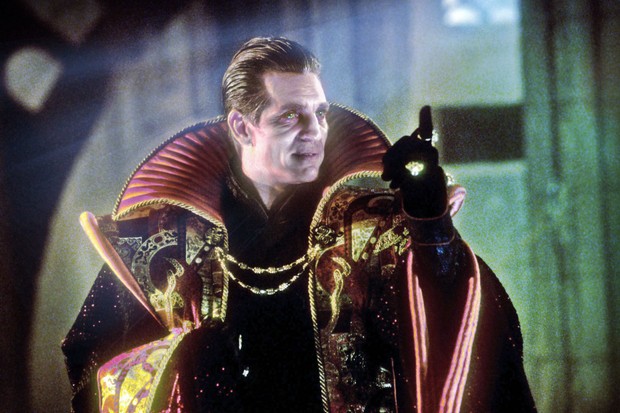
Casting the Eighth Doctor, however, was more complicated. A plethora of names were considered, and indeed many auditioned. Amongst those who were offered to read for the part were Christopher Eccleston (who later played the Ninth Doctor) and Peter Capaldi (who later played the Twelfth.) And whilst Segal had been keen for the actor Michael Crawford to take the TARDIS keys, the actor didn’t feel that it was a part that he could reach, so ultimately the part went to Paul McGann – brother of another auditionee, Mark McGann.
Interestingly, in The Seventh Year Hitch, it seems that most people were keen for the Doctor Who TV movie to open with the Eighth Doctor already in situ. It was Philip Segal who insisted on bringing back Sylvester McCoy for the opening scenes, as Segal thought it would dishonour the Seventh Doctor if he wasn’t given the opportunity to regenerate. The BBC was nervous about this idea, but executive producer Jo Wright assured them that it would be fine as long as he wasn’t in the film for very long and “didn’t say anything.”
And so with the cast in place, production on the Doctor Who TV movie began in earnest in early 1996, with a budget of $5 million. The entire production and post-production period was tight, with the premiere broadcast happening only a few months later on the 12th May, followed by a UK debut on the 27th. Everyone was preparing for the possibility of a brand new series, with Paul McGann even searching for places to live in Vancouver where filming was expected to take place.
Alas, these plans never came to fruition. The Doctor Who TV movie performed well in the UK – with viewing figures reaching in excess of 9 million – but it fared less well in the States, where it was scheduled opposite a pivotal episode of the hit comedy Roseanne. As a result, Fox failed to pick it up for a new series.
But the Eighth Doctor has left an enduring legacy, and indeed he may be the longest-serving Doctor when all of his books, audio dramas and comics are taken into account. The Doctor Who TV movie may have had a mixed reception, but its significance in the Whoniverse cannot be over-emphasised. Arguably, it laid the foundations for what was to come, and had a marked influence on the 2005 revival helmed by Russell T Davies.
But what do you think of the Doctor Who TV movie? Have your feelings towards it changed since the initial broadcast? Let me know in the comments below.
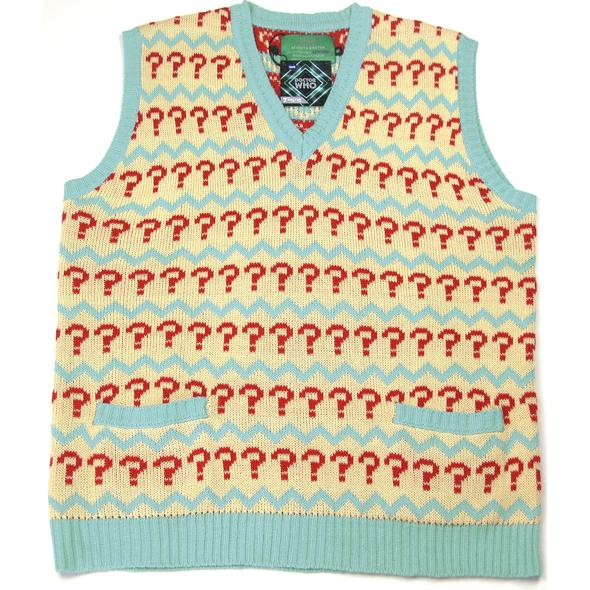
Seventh Doctor jumper – order now from the Lovarzi shop!
Shop on Amazon
Latest posts…
- Can you answer the toughest Doctor Who questions?
- Amy Pond: Why can’t the Doctor save her?
- Doctor Who: Ranking all of the Auton stories
- 3 problems faced by Doctor Who showrunners
- Doctor Who: Ranking all of the classic Sontaran stories
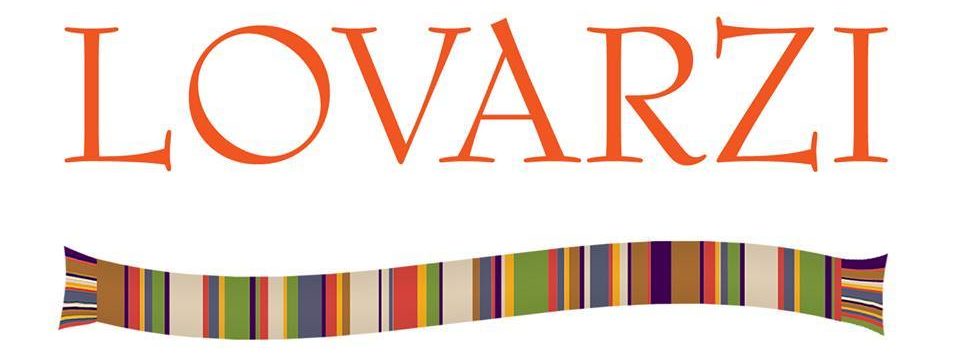

Leave a Reply